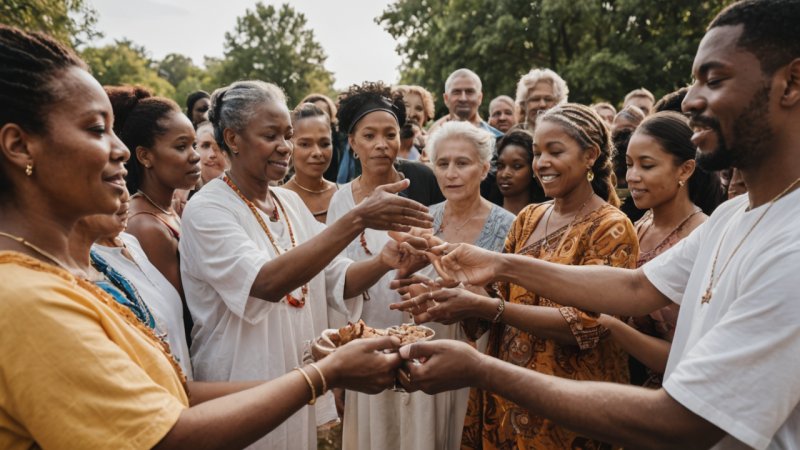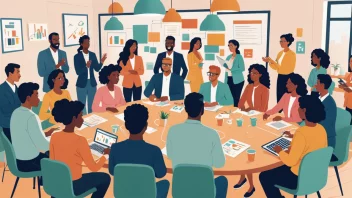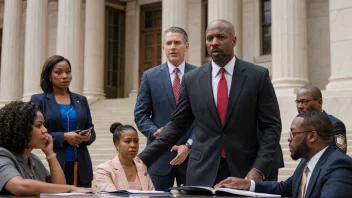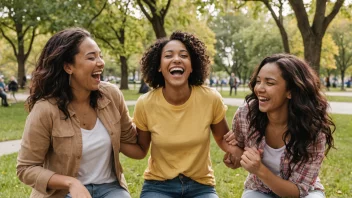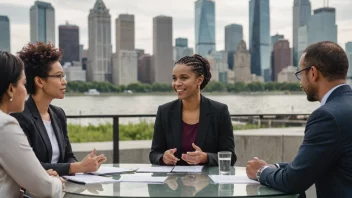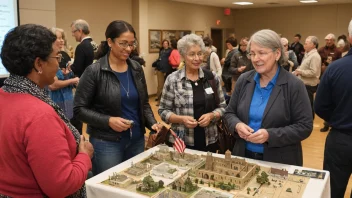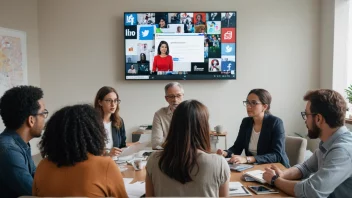Rituals have been a fundamental part of human culture for centuries, serving as a means of connecting individuals to their communities and to one another. From religious ceremonies to family traditions, these practices can significantly enhance social cohesion, providing a sense of belonging and shared identity. In this article, we will explore the importance of rituals in fostering social bonds, examining how they contribute to community well-being, reinforce shared values, and promote emotional connections.
- Creating a Sense of Belonging
Rituals often serve as a gateway for individuals to feel a part of a larger community. Whether it’s a weekly gathering, a seasonal festival, or a rite of passage, participating in rituals can foster a sense of belonging. This is particularly evident in religious communities, where shared rituals create a collective identity. For instance:
- Community members come together to celebrate holidays, reinforcing their shared beliefs.
- Rites of passage, such as weddings and graduations, mark important life transitions and solidify communal ties.
- Regularly scheduled events, like family dinners or neighborhood block parties, help maintain connections and strengthen relationships.
- Reinforcing Shared Values and Norms
Rituals often embody the values and norms of a culture or community, serving as a reminder of what is important to its members. Through repeated practice, these values are internalized, shaping behavior and expectations. Some examples include:
- Religious rituals, which often emphasize compassion, charity, and community service.
- Cultural ceremonies that celebrate heritage and history, reinforcing pride and collective memory.
- Workplace rituals, such as team-building exercises, that promote collaboration and a shared mission.
- Facilitating Emotional Connections
Participating in rituals can evoke strong emotions, helping individuals bond over shared experiences. The collective nature of rituals often leads to heightened feelings of joy, grief, or celebration, which can enhance relationships. Consider the following:
- Funerals bring people together to mourn and remember, fostering support and empathy.
- Celebrations, such as anniversaries or birthdays, create joyful moments that can be cherished and remembered.
- Shared challenges, like completing a marathon as a team, can build camaraderie and lasting friendships.
- Providing Stability and Predictability
In a world that can often feel chaotic, rituals provide a sense of stability and predictability. They create a structure within which individuals can operate, offering comfort and reassurance. This aspect is particularly crucial in times of uncertainty, as seen in:
- Religious practices that provide solace during difficult times, helping individuals cope with loss or anxiety.
- Family traditions that offer a sense of continuity, such as annual vacations or holiday rituals.
- Community events that mark the passage of time, such as seasonal fairs or festivals, which help individuals feel grounded.
- Encouraging Social Interaction and Cooperation
Rituals often require participation from multiple individuals, promoting social interaction and cooperation. This collaborative aspect can lead to stronger networks and community ties. Examples include:
- Volunteering for community service events, which fosters teamwork and shared purpose.
- Participating in sports or group activities that require collaboration and communication.
- Engaging in local governance or town meetings where community members come together to discuss and address issues.
In conclusion, rituals play a vital role in enhancing social cohesion by creating a sense of belonging, reinforcing shared values, facilitating emotional connections, providing stability, and encouraging interaction among individuals. As we navigate an increasingly fragmented world, understanding and embracing the significance of rituals can help strengthen our communities and foster deeper relationships. By participating in these time-honored practices, we can build a more connected and supportive society.
